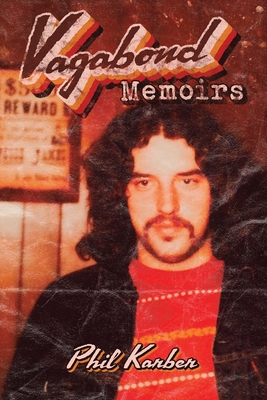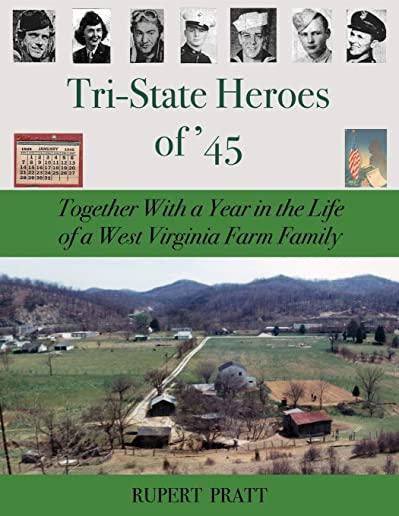
In spite of the adage that the army makes men out of boys, Karber resists adulthood, confident that the best part of a man is the boy that lingers within. His footloose pace synchs perfectly with that Kerouacan kind of thinking: mudsill jobs here and there as a means to an end, madly pinballing the planet, postponing the future, following his bliss down any road. Along the way he develops a keen interest in indigenous cultures, wildlife conservation and environmentalism. In 1972, Mark Stouffer, National Geographic filmmaker and co-host of PBS's Wild America, and Karber film and photograph the last of the California condors in the wild before they were declared extinct and later successfully revived in a captive breeding program. That seminal experience sets the stage for a lifetime of wildlife adventures that includes viewing the largest congregations of brown, black and polar bears in the world, whacking his way up jungled hillsides to photograph gorillas, chimpanzees, orangutans, over one hundred safaris, mostly self-drive, on the savannahs of Africa, and scuba diving among the world's most iconic marine species.
Karber sketches out the broader impact of his coming of age knockabout years with a full-throated epilogue, as he recounts the next five decades of working a power job, raising two kids as a single father, living in Africa and Asia for 14 years, and madly checkerboarding the planet. From a beginning in the heart of the Ozarks, he has earned his creds as a global soul.







